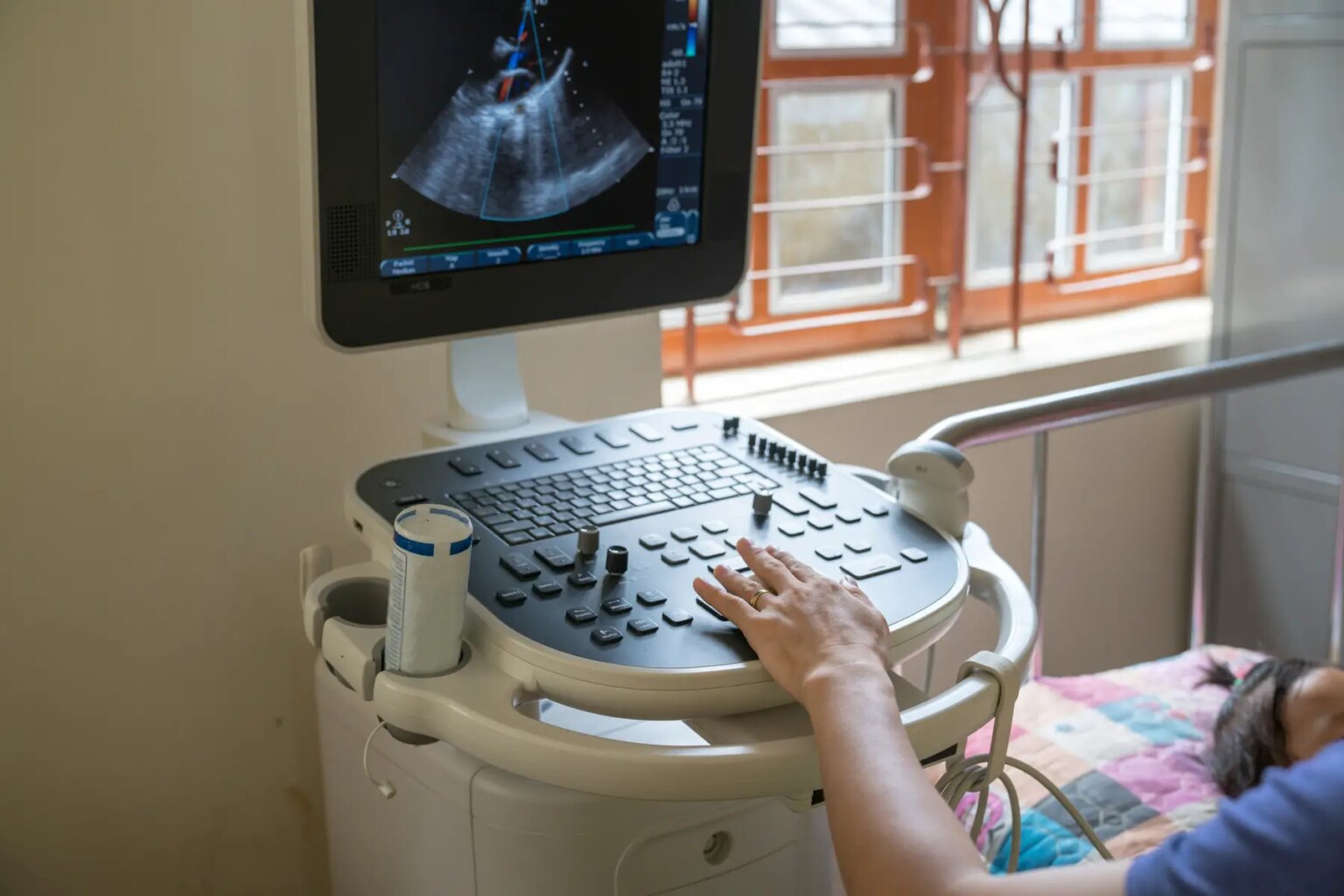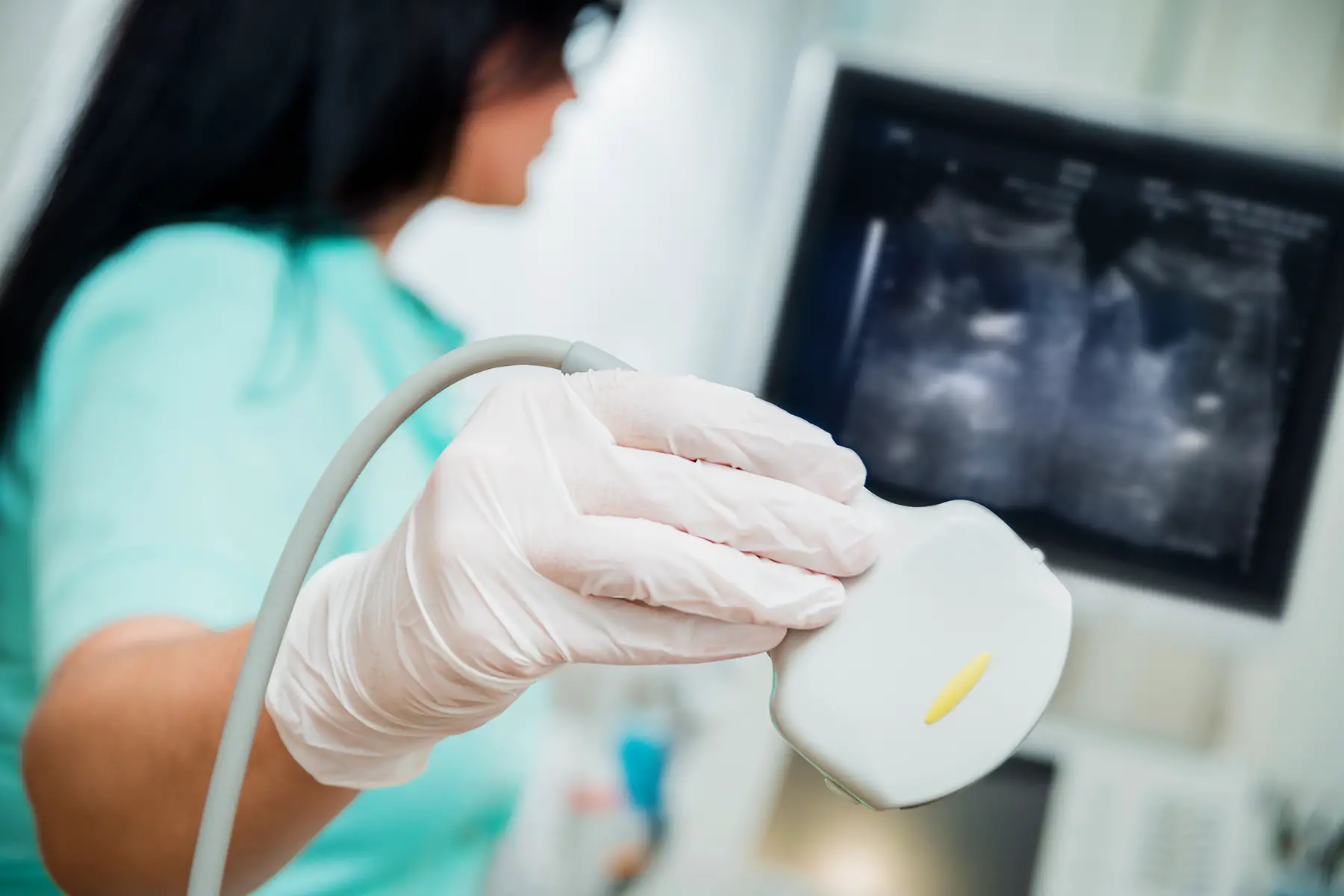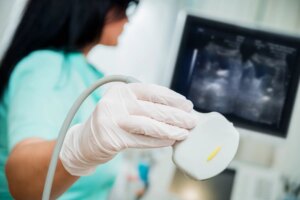Over the past few years, the UAE has worked in tandem with both public and private healthcare providers to ensure a greater quality of treatment and education among the public.
This helpful guide provides all the information you might need on women’s healthcare, should you be relocating there to live. It covers the following:
- Women’s health in the United Arab Emirates
- Accessing women’s healthcare services in the UAE
- Insurance for women’s healthcare in the United Arab Emirates
- Gynecologists in the United Arab Emirates
- Women’s contraception in the United Arab Emirates
- Maternity care services in the United Arab Emirates
- Breastfeeding in the United Arab Emirates
- Fertility treatments in the United Arab Emirates
- Abortion in the United Arab Emirates
- Menopause in the United Arab Emirates
- Cancer screenings in the United Arab Emirates
- Sexual health in the United Arab Emirates
- Availability and cost of feminine hygiene products in the UAE
- Women’s mental health services in the UAE
- Services dealing with eating disorders in the UAE
- Useful resources
Orient Insurance
Orient Insurance provides a range of insurance products, including medical coverage, for internationals in the UAE. With over 40 years of experience in the country’s insurance market, they offer policies for your health, vehicle, home, and much more. When moving to the UAE, trust Orient Insurance to protect what matters.
Women’s health in the United Arab Emirates
The UAE – comprising of the seven emirates of Dubai, Abu Dhabi, Sharjah, Fujairah, Ras Al Khaimah, Ajman, and Umm al-Quwain – has a robust healthcare system in place. It is one of the best in the region and is well equipped to handle all kinds of women’s health concerns.
The local market is waking up to the fact that women’s health does not only constitute reproductive health and feminine issues. Indeed, regular cancer screenings, heart health checks, mental health support groups, and facilities for older women (such as osteoporosis interventions) also rank high on the agenda. Annual check-ups, which include a variety of services available in the sector, are also routine, and usually covered by insurance.
Government healthcare strategies
The government has been working proactively across the board – and with educational institutes and corporate workplaces – to put in place an effective women’s healthcare strategy. For instance, breast cancer awareness – when everyone goes pink – goes viral every October. During this time, free screenings and awareness talks are organized all over the country. Other than wearing the token pink ribbon in solidarity, and undertaking pink pledges, there is an entire campaign to make women’s health a public issue. While most agree that much more needs to be done to bring the market on par with Western countries, the government is making an effort to address the UAE’s gaps regarding women’s rights to healthcare access.
Average life expectancy
The average life expectancy of a male in the United Arab Emirates is 76, and 78 for women, and the region has its own distinct health issues. Vitamin D deficiency, for example, is one of the biggest afflictions in the UAE. This is rather ironic, given the year-long climate of sunshine. For women, a shortfall of Vitamin D can have grave repercussions, such as a weakened immune system, diabetes, cardiovascular problems, infertility, and even cancer. It is highly advisable, therefore, that women have an all-around annual health check-up. Most medical facilities in the UAE are state of the art, so expats can rest assured that the equipment used during screenings and checks are of the highest quality.
Accessing women’s healthcare services in the UAE
Accessing women’s healthcare services is straightforward enough, provided you have medical insurance. All hospitals offer tailor-made packages depending on your age, sex, and personal medical history. Meanwhile, all healthcare centers – both public and private – have websites and/or helplines which allow you to make appointments by phone or online.
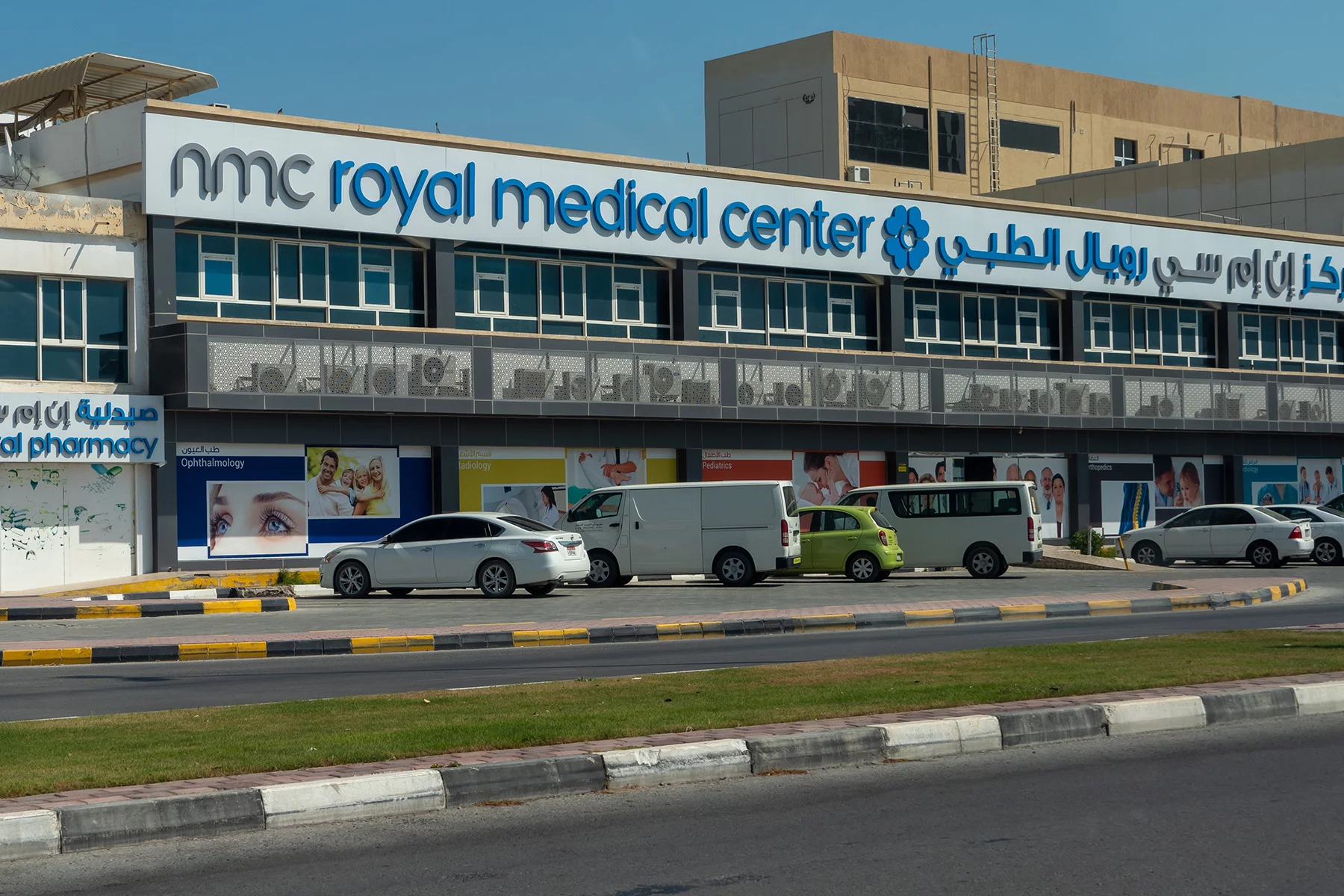
It is important to know that doctors don’t have private practices in the United Arab Emirates; they instead operate from a particular hospital. You can choose a doctor and hospital-based on either a recommendation from friends or colleagues or from social media expat community sites. If you ask for a recommendation, you’ll get a lot of useful information. If you are a working woman, many companies have HR departments that will also help you.
Most doctors speak English and all support staff at hospitals – including helpline operators – are proficient in English as well. You will need to provide your health insurance card details when you book an appointment.
Insurance for women’s healthcare in the United Arab Emirates
There is no government health scheme for foreigners, but it is now legally binding for all employers to provide medical insurance to employees. If you are not working, your husband needs to list you as a dependent on his medical policy.
The following international health insurance companies operate in the United Arab Emirates:
While there is no specific category for women’s health – except maternity benefits – most of the concerns should fall into the broader ambit of your cover. You can always clarify what your insurance provider covers.
Gynecologists in the United Arab Emirates
Since gynecology is a culturally sensitive market, privacy is a given when you access healthcare services; and more so if you are a woman. You are always given the option to pick a female doctor, and if you are seeing a gynecologist, it is most likely going to be a woman.
There are women’s only health centers, which only employ female staff; from the front office staff to doctors. If you are coming from a Western country, you may think this is an archaic value system, but do keep in mind that it is in keeping with Islamic traditions.
Like all other medical services, booking an appointment with a gynecologist can be one either online or via a helpline. If you are seeing a gynecologist because you are pregnant or there is a chance you might be, you need to be married. Pregnancy outside of marriage is illegal in the UAE.
It is advisable that you pick and choose a gynecologist carefully so you can stay with them until you give birth. If you change your doctor halfway through your pregnancy, you will need to do all the tests and scans again.
Women’s contraception in the United Arab Emirates
Condoms and birth control pills are freely available in the UAE. In fact, condoms are available at all supermarkets, gas stations, and even small grocery stores. You do not need a prescription to buy birth control pills, and you can buy them over the counter at pharmacies. They are fairly inexpensive; a strip costs upwards of AED 30. It is advisable that you see a doctor before going on the pill.
There are over 20 birth control pill brands in the United Arab Emirates, which carry trademarks from global pharmaceutical companies such as Janssen-Cilag, Merck, Pfizer, and Bayer. Some of the brands include Cilest, Exluton, Femulen, Gynera, Loestrin 20, Loestrin 30, Logynon, Marvelon, Microgynon, Microval, and Yasmin. Mirena IUD is also available at leading UAE pharmacies.
It is important to know that the morning-after pill is not available in the United Arab Emirates.
Maternity care services in the United Arab Emirates
Childbirths in the UAE can only take place in a hospital. Medical insurance should include maternity benefits, but you may want to check on the extent of cover for extra antenatal and postnatal services.
Breastfeeding in the United Arab Emirates
Breastfeeding has almost become a movement in the UAE. All new mothers are encouraged to avoid feeding formula milk for the first 18 months; in fact, there is even a law in place stating that new mothers have to breastfeed their babies to boost the movement.
Workplaces require employers to give two mandatory half-hour nursing breaks to women who have returned from maternity leave until the child is 18 months old. There are many campaigns to encourage a culture of public breastfeeding. Most public spaces have designated feeding areas. However, keeping in mind the Islamic traditions of modesty, new mothers need to be discreet while doing so. They can use protective covering, such as a scarf or a stole while feeding their baby in public.
Breastfeeding classes form a large chunk of antenatal and postnatal care in the United Arab Emirates. Interestingly, retailers and fashion designers are quite big on ‘breastfeeding couture’ to help new mums feel like they are in line with the latest trends.
Fertility treatments in the United Arab Emirates
Infertility is now a major concern in the UAE. According to recent reports, one in five couples – locals and as well as expats – have trouble conceiving. The fertility rate has dropped from 4.5 (birth per woman) in 1960, to 1.7 in 2015. Some blame this on the fast-paced lifestyle and eating habits in the country. The good news, however, is that IVF treatments are easily available; and witnessing year-on-year growth as more and more couples from the MENA region come to the UAE to seek help.
The impetus to seek treatment to counter infertility has resulted in the eroding of the stigma; therefore most people are fairly open to talking about it. Having said that, it is important to bear in mind that IVF treatments are expensive – anything between AED 35,000 to AED 70,000. Insurance rarely covers these; UAE nationals get government concessions for IVF treatment, but expats do not.
Some hospitals – such as NMC and Al Noor – have fertility centers as an add on. There is also a host of designated fertility clinics including New Hope IVF Gynecology & Fertility Hospital, Dubai Gynecology & Fertility Centre, HealthPlus Fertility Centre, and so on. In April 2019, the UAE drafted a new ruling that will allow married couples who are seeking IVF treatment to freeze their embryos for at least five years.
Abortion in the United Arab Emirates
In accordance with Islamic traditions, it is illegal to have an abortion in the UAE. Even an intent is a criminal offense. There are, however, two counts on allowing for abortions, as follows:
- If there is evidence from doctors that the pregnancy endangers the woman’s life.
- If there is evidence that the baby will be born with “fatal deformities and will not survive.” In this case, the fetus needs to be aborted before it is 120 days old; any later than that, abortion is not permissible.
Whether or not an authorized abortion is covered by an insurance plan is for you to check: you have to read the fine print. If you are unmarried and pregnant and do not plan to have the baby, you need to exit the country for the procedure.
Menopause in the United Arab Emirates
Menopause benchmarks are relatively less evolved in the UAE; with not too much articulation in the sphere. According to reports, the average age of onset menopause is between 44 and 55, with the mean hovering around 51; this is around the global standard. Treatments such as hormone replacement and vaginal estrogens are available in the country. These should be done under the supervision of a doctor; insurance doesn’t provide coverage.
Hormonal fluctuations during the menopause phase can sometimes lead to depression; this is another factor that needs to be kept in mind. It is a good idea to discuss these issues with your doctor while you are in the perimenopause stage to ensure there is a seamless crossover. You can also discuss what lifestyle changes you may need to incorporate in order to counter perimenopausal and menopausal symptoms.
Cancer screenings in the United Arab Emirates
Cancer screenings for women is a much talked about subject in the United Arab Emirates. Everyone should go down the prevention is better than cure route. However, you should ideally check your insurance policy to ensure they are covered.
A pap smear test or ovarian screening should ordinarily be part of your annual check-up with the gynecologist; however, there is no harm in reading the fine print. Although opinion is divided on whether cancer screenings should be done every year or every three years, your doctor will usually decide this; taking into account your personal history.
Some studies have found that although the public shout-outs are high-octane, effective action taken by women leaves much to be desired. For instance, one in two women has never had a pap smear test in the UAE. It is advisable that you get an annual test done with a gynecologist, and let them advise you on future screenings and frequencies.
How to get a cervical cancer screening
The pap test is very common, and it is a fairly painless process that takes only a few minutes. The test is done at the behest of your attending doctor, who decides how often you need it. Insurance should usually cover this, but do check the details.
You will be asked to change into a disposable robe, and lie down. The doctor will then perform the physical examination and take a vaginal swab. There will also be an attending nurse to make you feel comfortable. The results can take anything between 48 hours and a week, and you can request a copy to be mailed to you.
How to get an ovarian cancer screening
After the pap test, the transvaginal ultrasound follows; this will test you for ovarian cancer. If they notice any discrepancy in the imaging, they will prescribe a blood test.
A wand-like device is used for the transvaginal USG, and while it’s not painful, there is a certain discomfort. It takes about two to three minutes, provided everything is clear. Your doctor will show you the images of your uterus and ovaries and explain anything you need to know. If you have a cyst or fibroid, the doctor may put you on medication, and ask you to come back for another test in a month.
How to get a breast cancer screening
Most healthcare centers that specialize in women’s health should have breast sonogram facilities. Some don’t have mammogram machines, but they will give you a referral to a center that does. Then, there are some bigger establishments – like Medcare Women & Children Hospital – that have both. Your doctor will advise you how often you need to get both procedures done; it is recommended that those over 40 should have an annual sonogram and a mammogram every two years.
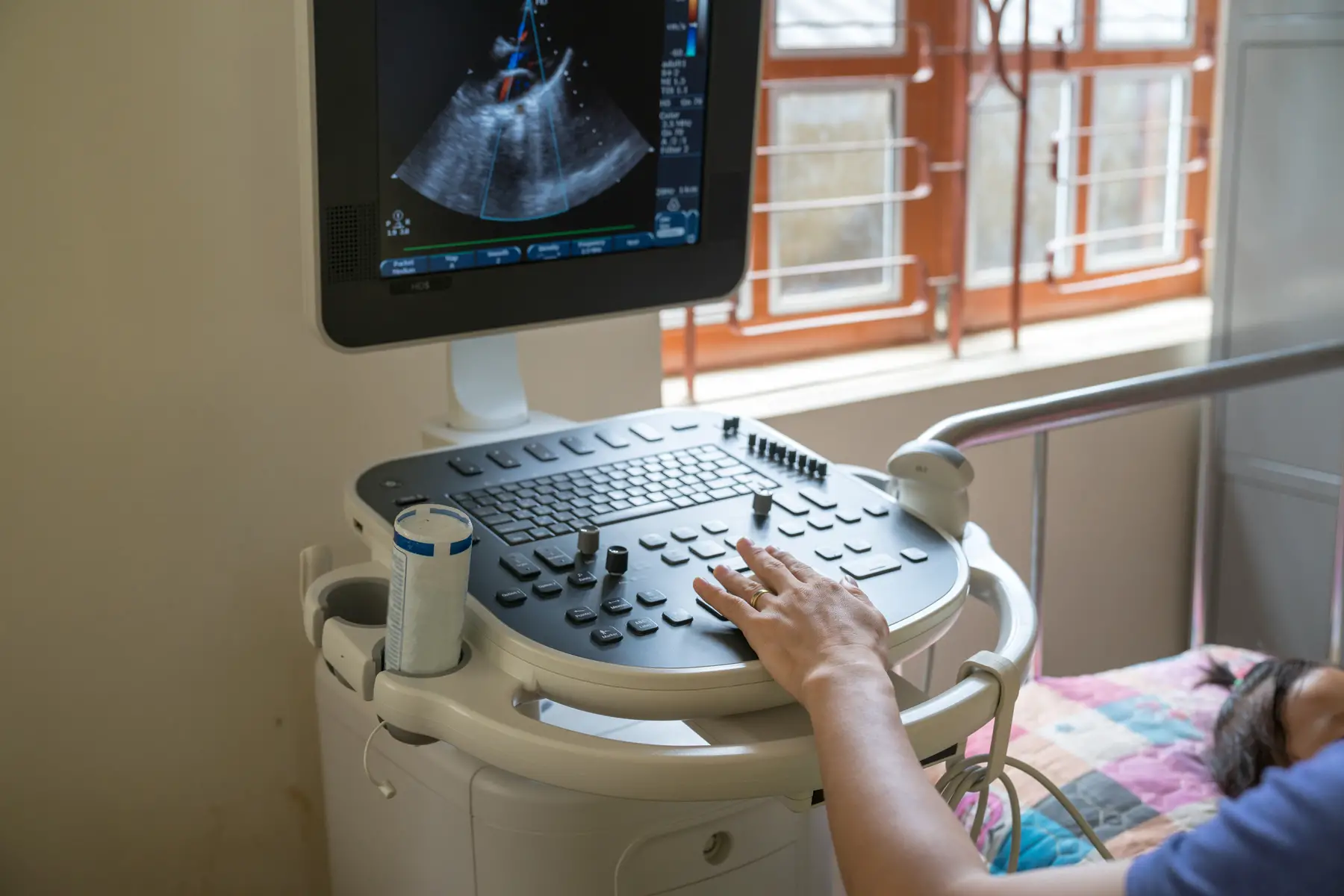
You can get a breast screening before or after your physical examination. Your doctor will refer it according to your convenience; but many of the insurance packages don’t cover both mammograms and sonograms, so, again, check and double-check.
The sonogram is done by an authorized gynecologist; it is a very simple procedure that takes about 10 minutes. The mammogram is a machine-driven process; a nursing attendant will take care of the operations, and the actual process is about 10 minutes long.
Sexual health in the United Arab Emirates
Sexual health education is not mandatory under government UAE laws. Some private schools do teach sexual education, but that is at their own initiative. There is a growing realization, however, that sex education needs to be incorporated into the syllabus.
Under UAE laws, it is illegal to be sexually active unless you are married. In reality, however, many expats are sexually active while being unmarried. It is advisable that if you are over 30, you should get an annual physical examination done. Given that the local healthcare system is based on Islamic laws, sexuality and sexual health are not flaunted – for instance, ‘safe sex’ is rarely made into a campaign.
Availability and cost of feminine hygiene products in the UAE
The UAE is a retail heaven, and this includes everything you might need in the feminine hygiene sector. While the UAE import some products, they source a lot locally. There is a wide variety of sanitary pads, tampons, intimate washes (and fresheners), vaginal wipes, and panty liners, for instance, so you have plenty of choices.
All large supermarkets and pharmacies have an entire feminine hygiene section; even smaller ones have fairly broad-based offerings. The pricing is competitive; for example, a local brand pack of sanitary pads (with seven or eight pads), can be bought for under AED 10. Intimate washes, however, (like Betadine, 50 ml) start from AED 20. If you shop online on sites such as Noon or Carrefour UAE, you may find good discounts.
Women’s mental health services in the UAE
Mental health awareness for women is increasing in the region. The United Arab Emirates has been conspicuous in its efforts to spearhead the movement, with mental health conferences and workshops that specifically focus on women and children.
There are many counseling and psychiatry centers, such as the LightHouse Arabia Centre for Wellbeing and Camali Clinic: Child and Adult Mental Health in Dubai, and the National Rehabilitation Center in Abu Dhabi. These provide highly trained psychiatrists and mental health experts.
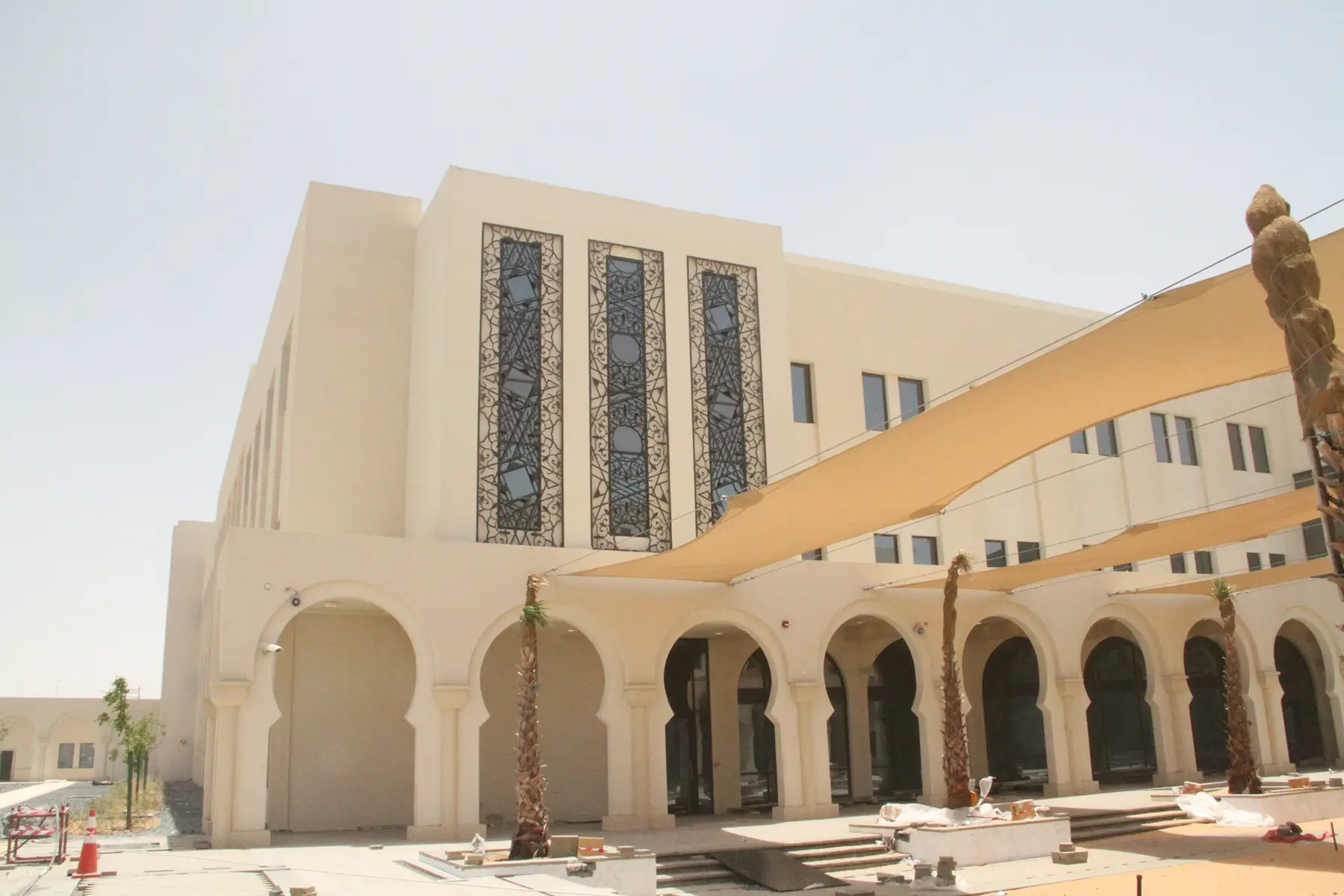
There are also a lot of support groups that use social media and community meet-up platforms to reach out to women. These include With Hope UAE, which is run by a group of Emirati women who use the hashtag #mymindmatters. Most discussions in these threads are related to sexual abuse, workplace harassment, and depression.
Services dealing with eating disorders in the UAE
Eating disorders have become a common talking point in various forums throughout the United Arab Emirates. Experts believe that this has a lot to do with the high pressure in the country to look glamorous; plus the obsession with social media. A lot of girls and young women suffer from anorexia nervosa; symptoms include fear of weight gain, and therefore a refusal to eat properly and maintain a healthy body weight.
There are support groups conducting lectures and counseling sessions, but these are usually on a piecemeal basis. There have been institutional therapies from centers such as the American Center Psychiatry and Neurology (UAE chapter).
